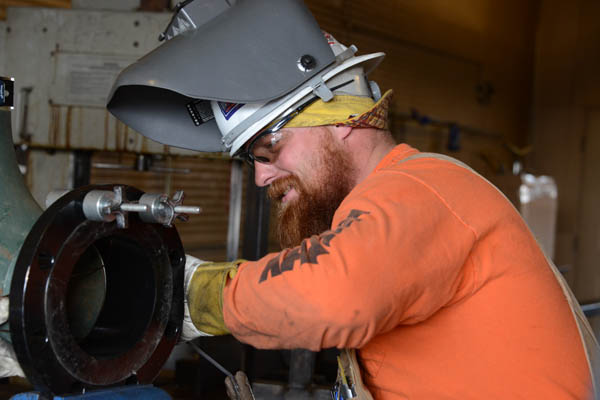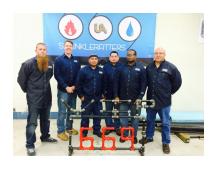
Your ETS date is on the calendar. You’ve served your country, and your time is almost complete. What’s next?
As you move forward into civilian life, it’s best to make the transition out of the military as stress-free as possible.
Adjusting to civilian life can be challenging. According to data from the University of Southern California, two of three military veterans reported they struggled to adjust to life after the military. Three out of four did not have a job lined up after getting out, and roughly a third ran into financial trouble.
It’s easy to make mistakes, which can cost you years and lost wages. To set yourself up for success and ensure a smooth transition, avoid these three common errors. Your family will thank you.
1. Signing up for TAP classes only once
The Department of Defense Transition Assistance Program (DoD TAP) helps military members plan their transition so they can take advantage of the programs and services available. TAP helps prepare for the career, financial and emotional challenges ahead.
The TAP class is a wealth of information that covers how to prepare for a new career, how to take advantage of government moving services and even how to write a resume.
Unfortunately, too many transitioning active-duty service members wait until they are required to take the class to enroll. And that’s a shame because most would benefit from taking the course twice, which is allowed. We recommend taking a TAP course 24 months before your separation date to get a headstart on the process. Then you can take the class a second time closer to your transition. This will help clear up any questions and give you a better chance to explore the benefits available for veterans.
2. Not exploring career path options like the UA VIP program
One of the most dependable ways to ease the transition into civilian life is to have a job waiting for you once you leave the military.
That may sound easier said than done. In fact, 55 percent of veterans say finding a job was the most challenging aspect of transitioning out of the military, according to a report from Syracuse University’s Institute for Veterans and Military Families.
Fortunately, there are programs available to help.
Skillbridge DOD provides on-the-job training and work experience while you are still in the military in preparation for a civilian career after completing your service.
But not all Skillbridge DOD programs promise a job at the end of training. The United Association Veterans in Piping (UA VIP) program is the exception.
The UA VIP is one of the few Skillbridge programs that guarantee a job after the military. After completing an 18-week training course and transitioning out of the military, UA VIP students begin a UA registered apprenticeship program and train to be a journeyman. They earn good union wages while they learn and quickly qualify for quality health insurance for their family.
UA VIP training is available in welding, HVAC and fire sprinkler fitting at select military bases across the country. Training takes place during your enlistment and is considered part of your military commitment. Transitioning active-duty service members are invited to apply for the UA VIP program during the last six months of their enlistment. The application process takes time, and interested participants are encouraged to apply as soon as possible.
3. Missing out on valuable G.I. Bill benefits for UA apprentices
If you served in the military, you probably know about the G.I. Bill benefits awaiting you to help with the cost of education.
What many transitioning active-duty service members don’t realize, however, is that these benefits can also be applied to cover your costs in a UA apprenticeship program.
You can use your G.I. Bill to cover your application fees and tool and equipment costs. You are also entitled to a housing stipend.
Not only will you earn good union wages as a UA apprentice and qualify for health insurance for your family, but the government will help pay for a roof over your head while you train.
But the application process takes time. You’ll need to apply early for the G.I. Bill to access the benefits as soon as you exit the military and begin your apprenticeship program.
Learn more about the career opportunities available through the UA VIP program.

























Comments